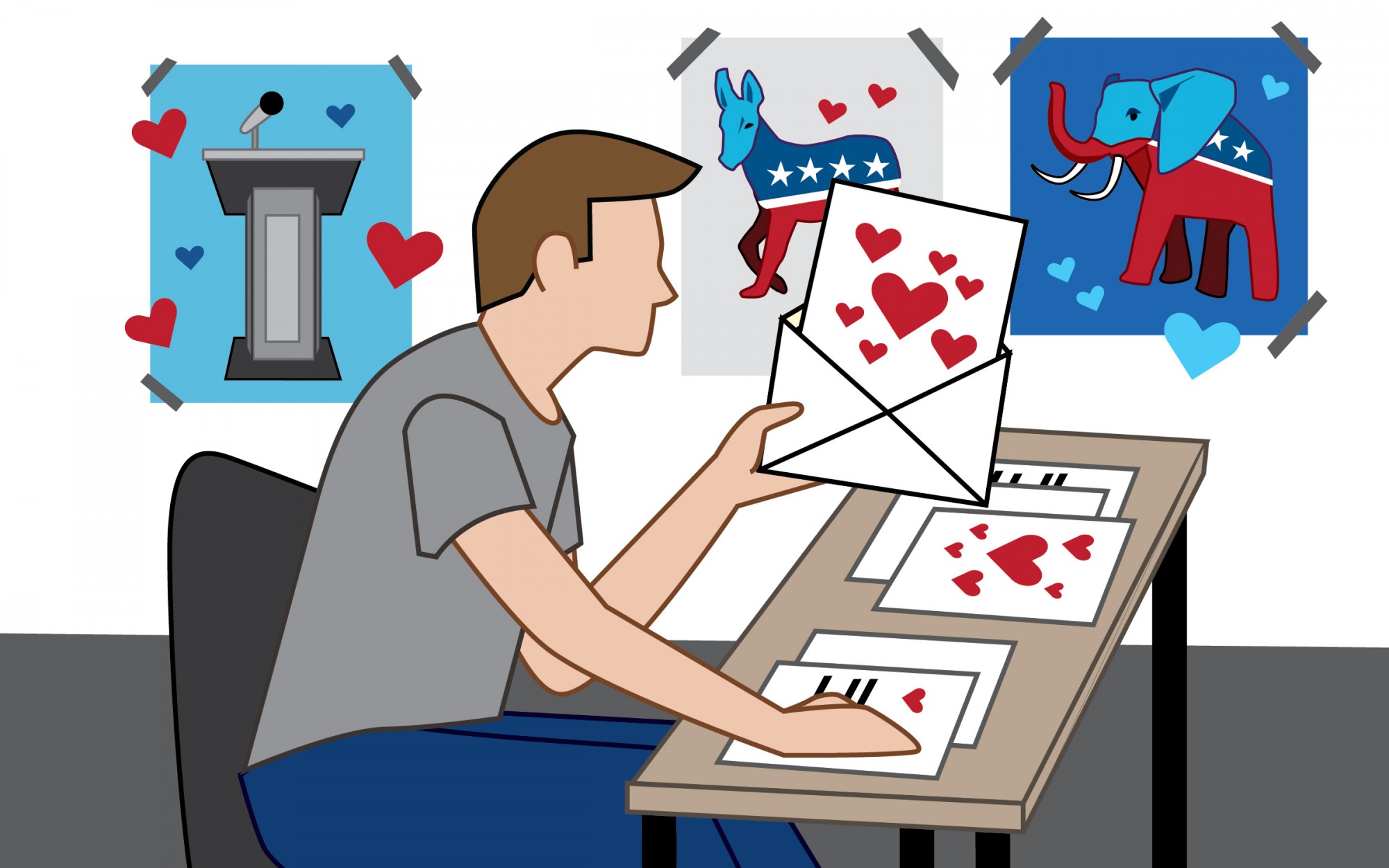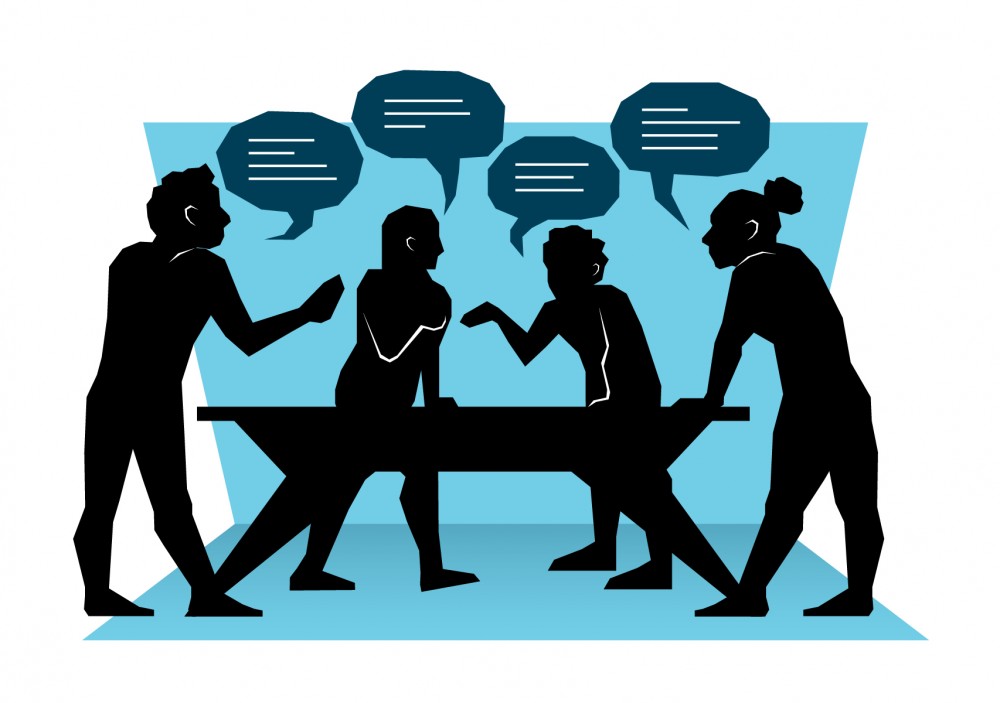Politicians should not have fans. There is a difference between being a supporter of a party, an agenda or even a candidate, and being part of their fan base. Blindly supporting a politician and sticking with them no matter what is an unhealthy, unproductive dynamic.
We see symptoms of fan culture permeating politics constantly. A study by the University of Kansas showed that partisans treat elections like sports rivalries, caring more about who wins the election rather than actual policy or ideology. In the recent impeachment hearings, NBC wrote that the hearings lacked “pizzazz” and therefore didn’t garner public attention. Presidential candidates are judged on “likability” more than policy.
When you’re considering who you’re going to vote for, you don’t have to be in love with a candidate. However, the culture surrounding political coverage encourages hero-worship.
Supporting a candidate, or even admiring the work they do, shouldn’t be a blanket endorsement of everything they’ve ever done or ever will do. Blind devotion to a specific politician based on their personality rather than substantive work they’ve done does not help democracy.
Politicians are not your friends, nor should they be. It doesn’t matter if an elected official is someone you want to go get a drink with. Elected officials are civil servants, not rock stars, and you’re their constituent. They’re beholden to you, not the other way around.
Worshiping the ground they walk on doesn’t do any good. Even if you do admire a politician or their work, there should be a level of separation that doesn’t exist in other forms of fan culture. You can identify yourself within a musician’s songs and love them for it, but politics cannot work the same way. You shouldn’t love a politician — and you especially cannot make loving them a part of your own personality.
“Stan culture,” or the culture that emerges from highly invested fans, isn’t healthy when it comes to any public figure. Everyone does wrong, including your favorite actor. But it’s especially important to remember that politicians will not keep all of their campaign promises, no matter who they are, even if they want to. Politics are messier than that. If you don’t worship them, then you won’t feel betrayed later.
Politicians’ new propensity for using social media doesn’t help this blurring of lines between celebrity and politician, and neither does their constant grouping together, either. Ariana Grande and Bernie Sanders may have taken a photo together, but that does not make them the same kind of famous.
The worst side effect of hero-worshiping politicians is when it leads to attacking the other side or treating them like they’re immoral for supporting someone you do not. This happens within parties as well as across party lines. This isn’t just an issue of partisanship.
An example of the unhealthiness of hero-worship of politicians was best provided by candidate Trump when he claimed that he could shoot someone on Fifth Avenue and not lose any voters. Whether you believe it would hold true or not, it rings true that many people would find a way to still be a fan of President Trump.
Fan culture should not extend to politics. Your admiration of a politician should only go so far as their policies — not their personalities. Unlike with movies and music, lives are at stake in what the Oval Office and Congress do daily. If we’re going to hold the people in office accountable for their actions, then we can’t treat them like a rock star.










